<< Previous | Displaying results 5621-5630 of 6769 for "" | Next >>
Lion Feuchtwanger aboard the ship Excalibur, arriving in New York. United States, October 1940.
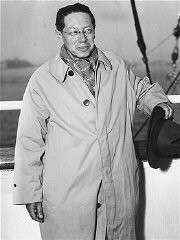
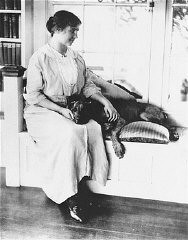
Portrait of Helen Keller, ca. 1910. In 1933, Nazi students at more than 30 German universities pillaged libraries in search of books they considered to be "un-German." Among the literary and political writings they threw into the flames were the works of Helen Keller.
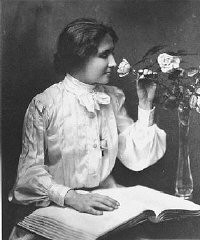
Ernest Hemingway in his World War I Red Cross Ambulance Corps uniform, ca. 1918.
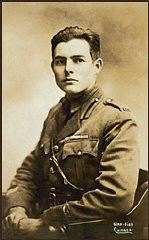
Portrait of Ernest Hemingway by Helen Pierce Breaker. Paris, France, ca. 1928. In 1933, Nazi students at more than 30 German universities pillaged libraries in search of books they considered to be "un-German." Among the literary and political writings they threw into the flames were the works of Ernest Hemingway.
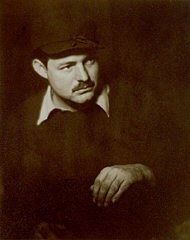
Cover of Ernest Hemingway's A Farewell to Arms. (1929 cover. Princeton University Library.) In 1933, Nazi students at more than 30 German universities pillaged libraries in search of books they considered to be "un-German." Among the literary and political writings they threw into the flames during the book burning were the works of Ernest Hemingway.
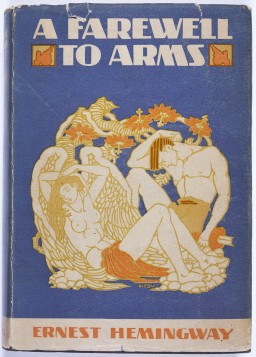
American novelist Ernest Hemingway on safari, ca. 1933. In 1933, Nazi students at more than 30 German universities pillaged libraries in search of books they considered to be "un-German." Among the literary and political writings they threw into the flames were the works of Ernest Hemingway.
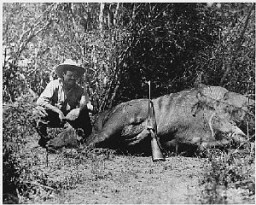
Author Ernest Hemingway aboard the boat Pilar, ca. 1950. In 1933, Nazi students at more than 30 German universities pillaged libraries in search of books they considered to be "un-German." Among the literary and political writings they threw into the flames were the works of Ernest Hemingway.

Ernest Hemingway, among the greatest American novelists, was a member of the "Lost Generation" of expatriate writers who were disillusioned by war. In 1933 the Nazis burned Hemingway's novels as part of the public book burning in Berlin. United States, ca. 1950.
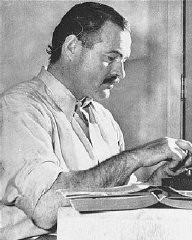
During a roundup for deportation in eastern Poland in 1942, Gitta Rosenzweig—then three or four years old—was sent into hiding. She ended up in a Catholic orphanage. In 1946, Ida Rosenshtein, a family friend and a survivor, learned of the child's whereabouts and sought to claim her. After denying that it held a Jewish child, the orphanage relinquished custody after Ida recognized Gitta and a local Jewish committee paid a "redemption" fee. Gitta is pictured here on the day she left the orphanage.
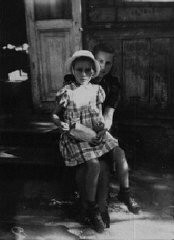
We would like to thank Crown Family Philanthropies, Abe and Ida Cooper Foundation, the Claims Conference, EVZ, and BMF for supporting the ongoing work to create content and resources for the Holocaust Encyclopedia. View the list of donor acknowledgement.